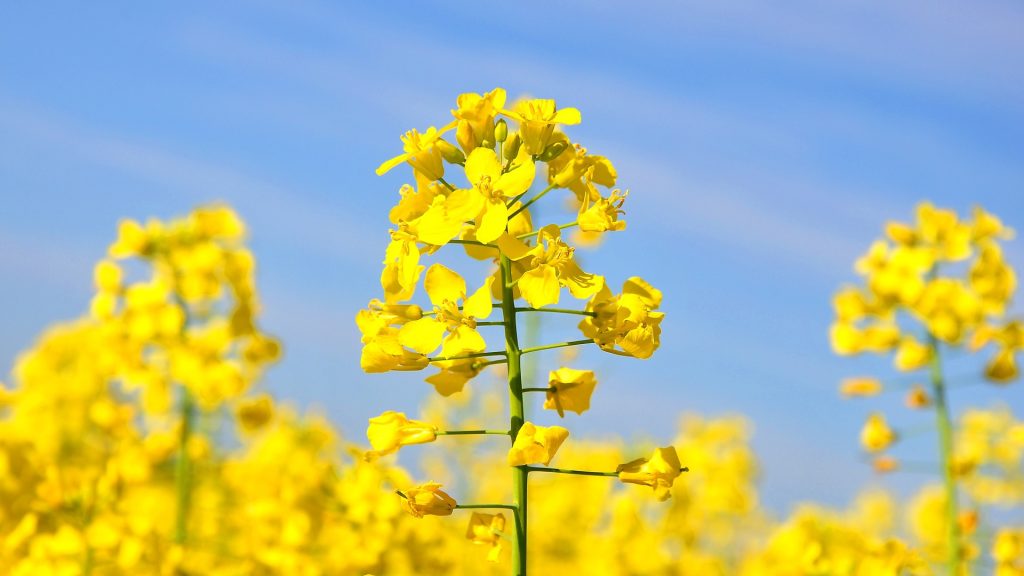The world’s appetite for canola continues to increase, with production again expected to exceed 70 million tonnes in 2018. The oil’s versatility as a food ingredient, industrial oil and fuel means that it is in demand by large and small buyers across the world.
Strong and stable seed demand
Non-soya oilseed demand (canola, sunflower and peanut) is expected to increase by 1.1% a year over the next decade, according to an outlook report compiled by the UN’s Food and Agriculture Organisation (UN FAO) and the Organisation for Economic Co-operation & Development (OECD). The report forecasts that 85% of the increase in production over the next ten years will be from increased yields, rather than a larger area. The UN FAO and OECD expect both the EU and China to be each growing 30 million tonnes of oilseed a year by 2026, with sunflower production in the Ukraine and Russia increasing by 2.7% and 1.7% respectively, a much higher rate of growth than the increase in global production. The price of vegetable oil, and the protein meal produced alongside it, is also expected to increase, driven by strong and growing demand in developing countries, underpinned by the increasing size of populations and the increasing consumption by members of those populations.
“Both Sunflower and canola have a bright future. As the world asks for more high-yielding, high quality crops, Nuseed is focused on providing growers with sunflower and canola hybrids that deliver. Plus we are working to create additional value and new markets with specific hybrid traits for specific consumer benefits,” says Damien Grundy Nuseed Marketing Leader.
In Russia, Nuseed is currently participating in canola registration trials, with forecasts for commercial sales expected as early as 2019.
